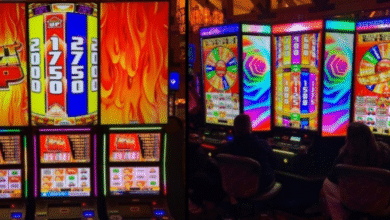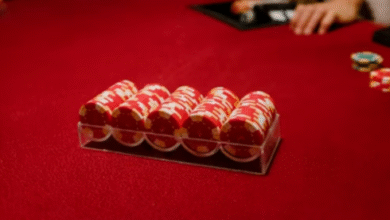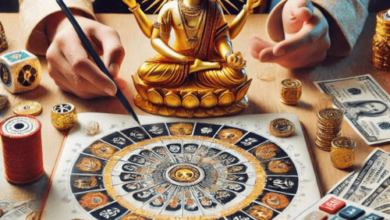Unveiling the Popular Satta Matka Game of India

Matka 420 is a term widely recognized in the world of Satta Matka, a traditional form of lottery-style gambling that has deep roots in India. Originating during the 1960s, this form of betting started with the practice of wagering on the opening and closing rates of cotton transmitted to the Bombay Cotton Exchange from the New York Cotton Exchange. Over the decades, it has evolved into a digit-based lottery system and gained immense popularity among enthusiasts across India.
The name Matka 420 holds special significance in this gambling circuit. “Matka” literally means an earthen pot, which was once used to draw numbers randomly, and “420” is a term associated with deception under Section 420 of the Indian Penal Code. Combined, it symbolizes both the traditional and risky elements of this number-based game of chance.
The History of Matka Gambling
The history of Matka gambling dates back to when it was first introduced by Ratan Khatri and Kalyanji Bhagat. Their distinct versions of the game – the Kalyan Matka and the Worli Matka – became the foundation of modern-day Satta Matka. Over time, many variants like Milan Day/Night, Rajdhani Day/Night, and Time Bazar emerged, with each game having its own timing and rules.
Despite its unofficial nature, Matka 420 continues to thrive, particularly in states like Maharashtra, Gujarat, and Madhya Pradesh. Even with increasing crackdowns by law enforcement, the game persists in underground markets and online platforms, gaining new players every day.
How the Game Works
The basic gameplay of Matka 420 involves picking a set of numbers between 0 and 9. Typically, players choose three numbers which are added together. The last digit of this total is taken as a key number. For example, if a player chooses 5, 3, and 6, the total is 14, and the last digit, 4, is the key number. The final selection would be written as 5,3,6 *4. This process is repeated for the second set, and the combined results determine if the player wins.
Players can bet on different aspects of the game such as:
- Single: Betting on a single number
- Jodi/Pair: Betting on a pair of numbers
- Patti/Panna: Betting on a 3-digit combination
- Open/Close: Betting on either the opening or closing numbers
The outcome is usually declared at a predetermined time, and results are published on various websites and mobile apps.
Online Presence and Growth
With the rise of digital platforms, Matka 420 has also taken a virtual turn. Today, several websites and mobile applications offer users the opportunity to place bets, check live results, and explore charts and guessing forums. These platforms provide convenience and anonymity, which has further contributed to the game’s growing popularity.
However, it’s important to note that despite its widespread availability, Matka gambling is considered illegal in many parts of India. The authorities have warned against participation, especially when it involves real money, due to its addictive nature and risk of financial loss.
Responsible Gaming and Awareness
Matka 420, like any form of betting or gambling, comes with its share of risks. It’s crucial for players to engage responsibly and avoid investing large sums of money with the hope of instant riches. Many individuals have suffered serious financial and emotional consequences due to unchecked gambling behavior.
Those involved or interested in the game are advised to treat it as a form of entertainment rather than a source of income. Educational campaigns and awareness drives by NGOs and authorities emphasize the importance of understanding the risks involved in Satta Matka.
Conclusion
In conclusion, Matka 420 is not just a gambling game—it is a cultural phenomenon that has stood the test of time. From humble beginnings in the cotton trade to digital adaptations on mobile apps, the game continues to attract attention for its thrill and unpredictability. While its future remains uncertain under the legal radar, one thing is clear—Satta Matka will remain a captivating chapter in India’s gaming history for years to come.
Ask ChatGPT




